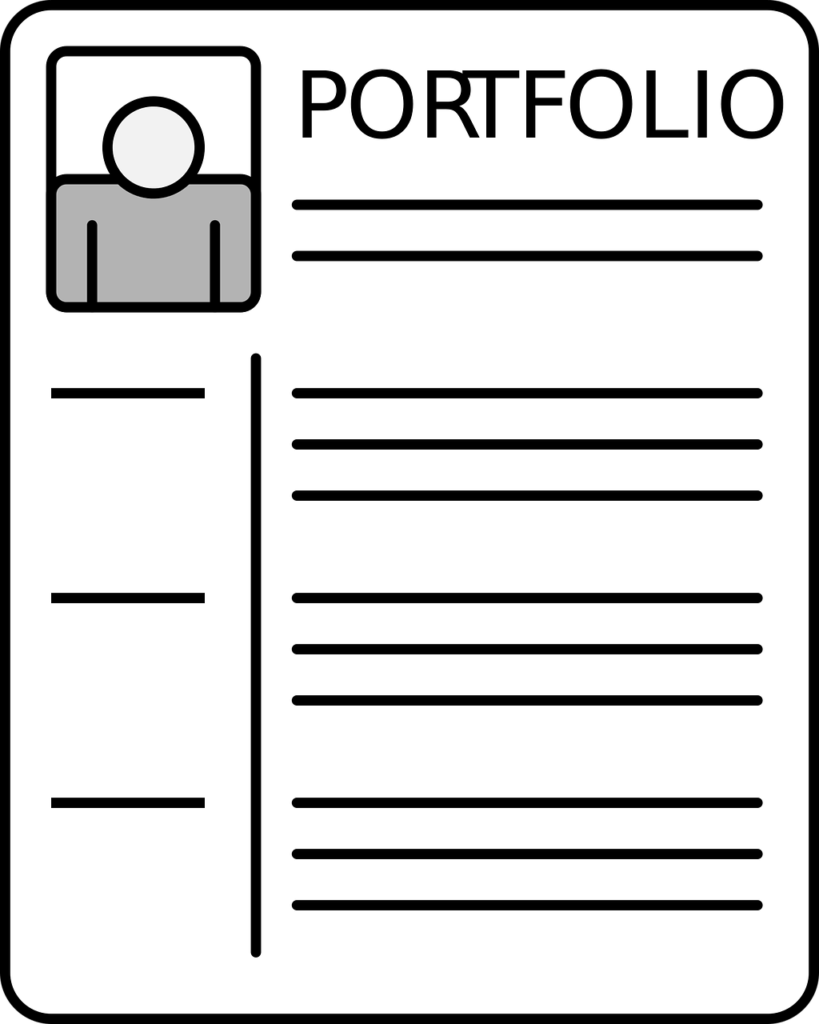Looking to kickstart your career as a copywriter?
That is a very wise decision, given that demand for experienced copywriters has exploded over the last few years.
A report from Freelancer.com shows that jobs related to copywriting grew by almost 24% from quarter 2 to quarter 3 of 2023, dispelling claims that the rise of generative AI will render human copywriters obsolete.
In this guide, we’ll offer an actionable step-by-step guide that will help you create compelling written content.
1. Know the Basics

Like any other discipline, copywriting has a few core principles you need to master to excel in this field.
These include:
- Knowing your audience: You cannot write effective copy unless you know your target audience’s interests, what motivates them, the language they understand, and issues that are important to them.
- Knowing your product or service. Would you buy tea from a person who doesn’t know how much caffeine there is in one sachet? It’s essential to know the product or service you’re marketing inside out.
- Knowing how to sell without appearing salesy: Connect with your ideal prospect first and identify how your product or service can solve their pain points. That’s the only way you could ever sell.
- Knowing how to appeal to their emotions. People react to seven emotional triggers (fear, greed, vanity, pride, lust, laziness, envy). As a copywriter, understand which of them your audience responds to and use them to your advantage.
- Knowing how to link features to benefits. Your target customer doesn’t want to know how high-resolution the camera you’re marketing is. They would be more interested in the product if you showed them crystal-clear photos taken with the camera you’re marketing.
- Know how to create a hook. While reading an ad, your customers will likely have a lot going through their minds. So, it’s essential to create a hook that will convince them to keep reading the entirety of the copy.
- Knowing how to write an effective call to action (CTA). What is the primary goal of copywriting? To persuade the reader to take some kind of action. This is known as CTA, and your copy’s last sentence should convey it
2. Pick Your Field

Direct response, B2B copywriting, B2C copywriting, social media copywriting, SEO copywriting, and so on.
Between the innumerable industries in which copywriters are needed, there are different types of copywriting in which you can specialize.
So, how do you decide which path you need to follow? Here are a few questions to help you choose your pathway:
1) What industries or topics are you most passionate about?
Make a list of topics that genuinely interest you (and you have some knowledge about). Then, settle for the one you’re the most passionate about. This way, you’d be able to write authentic and engaging copy.
Additionally, when you’re genuinely interested in a topic, you’re more likely to create creative content. This creativity will set your copy apart from fellow copywriters who have no or little first-hand knowledge about the topic.
2) Do you prefer working with consumers or businesses?
Do not answer this question unless you know the implications of your reply.
Working with businesses (B2B copywriting) involves building long-term relationships with businesses, requiring you to master in-depth explanations and technical details to market B2B products or services effectively.
Is that something that interests you?
Otherwise, B2C copywriting might be a better fit for you. The primary goal of this type of copywriting is triggering one of the seven emotions mentioned above and crafting messages that resonate with emotions.
3) Are you comfortable crunching numbers for useful information?
If that is the case, direct response (DR) copywriting might be a better fit for you.
DR copywriting is a type of copywriting whose impact is easy to measure and instant, giving copywriters like yourself (as well as the clients that have hired you) enough info to decide whether you’re as good as you claim.
This type of copywriting is so famous that many world-renowned copywriters – David Oglivy, Eugene Schwartz, Gary Halbert, and Claude Hopkins – made their names (and earned big bucks) in this field.
4) Do you have a preference for short or long copy?
If you are passionate about creating concise yet compelling messages, copywriting roles such as advertising or direct response should attract you.
In both these roles, the goal is to capture the reader’s attention immediately. As you might guess, this goal can only be achieved by writing impactful words that compel the reader to take an action you want them to take.
However, if you are more interested in crafting in-depth and detailed content, B2B copywriting might be a better fit for your talents.
5) What are your long-term career goals?
If you want to become a full-time copywriter, it’s essential that you choose a specialization that aligns with your passions and long-term goals.
Otherwise, it would be almost impossible for you to put in the time and effort required to become a (highly paid) expert in that specific niche.
3. Practice. Practice. Practice

Want to master your skills as a copywriter? Hoping to attract high-paying clients? Looking to mesmerize audiences with your copy?
There’s only one way to do all that: PRACTICE.
Your first copywriting samples might not be good enough to attract eyeballs. Don’t let the mistakes weigh you down.
Beginner copywriters need to worry about one thing only: that they are writing, preferably on a daily basis.
As long as you’re doing that, there’s an excellent chance that you’ll get better, provided you take help along the way.
What does that mean? Well, it means signing up for (and completing) a copywriting course that gives you assignments to put what you’re learning to test. Only then you’d be able to get better at this craft.
Alongside practicing, it’s recommended to conduct these exercises:
- Rewrite an ad that impressed you.
- Write a landing page for a fictional business
- Create compelling headlines marketing your favorite product
- Craft a sales email for your favorite service
- Write a sales email convincing a friend to buy your favorite gadget
4. Build a Portfolio

Once you have grown confident in the quality of your copywriting, it’s time to showcase it to the world.
A well-rounded portfolio is one of the best ways to showcase your versatility to the world, especially if you have experience writing in different formats, such as blog posts, email campaigns, and more.
Additionally, a strong portfolio can attract collaboration offers, job opportunities, or freelance gigs, demonstrating to potential clients and fellow copywriters that you are as good as you claim to be.
5. Search for Jobs
Even if you’re a beginner copywriter with no client reviews, you can still convince a prospective client to take a punt on you.
How could you do that?
By showcasing your portfolio. Small clients (those you can find on freelancing sites like Upwork and Fiverr) are more likely to hire beginner copywriters on the basis of their portfolio than big organizations.
Once you have gained enough experience, start checking our premium copywriting boards like Copychief.com.
Many six-figure copywriters I know get consistent work from this job board, which means you’d have to be extremely good to land jobs here.
Regardless of where you get work, keep reminding yourself that at the start of your journey, you should aim for volume. As the list of your clientele grows, you’ll stand a better chance of getting that one client who will change your life.

Meet Amir Bashir, our skilled content writer at Keep Writing with over 12 years of freelancing experience. Specialising in article and blog writing, Amir prioritises readability, crafting engaging content while avoiding lengthy sentences and passive voice. He’s committed to delivering valuable and actionable insights to readers, ensuring each piece is unique and relevant. At Keep Writing, we uphold the highest writing standards, offering inspiration, knowledge, and actionable tips to help you elevate your writing skills.
Discover reviews about Amir here: https://www.upwork.com/freelancers/~0161fac3318973b96c

